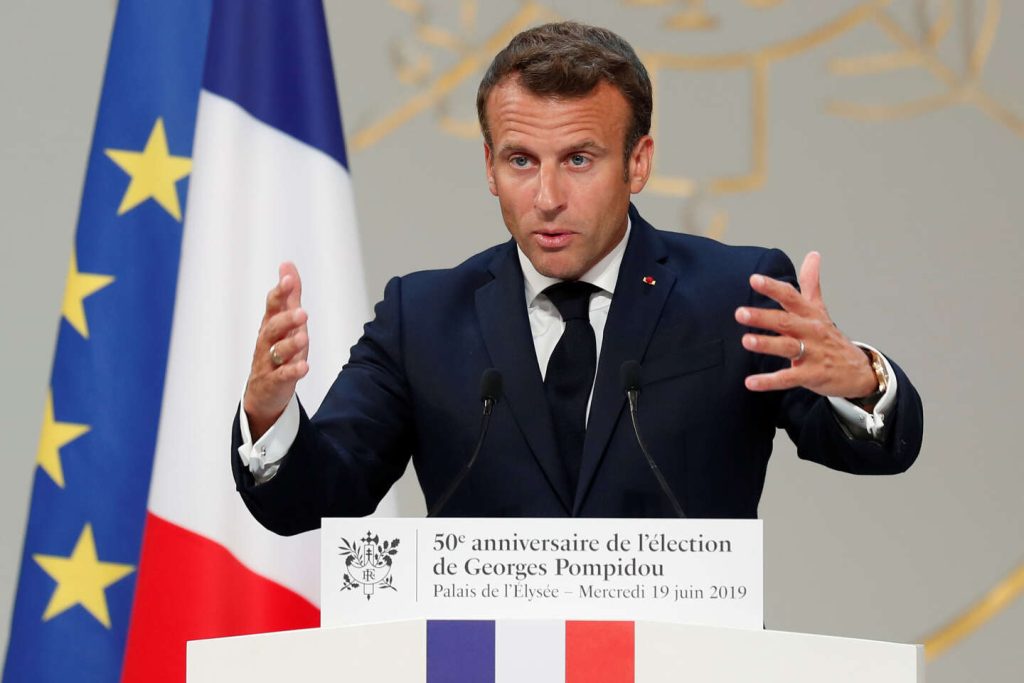Emmanuel Macron surprised many in June 2019 when he decided to celebrate the 50th anniversary of Georges Pompidou’s election to the presidency of France. Macron is often associated with figures like Napoleon, de Gaulle, and Clemenceau, so his fascination with Pompidou came as a surprise. Pompidou, who served as president from 1969 to 1974, is seen as a reformer who presided over a period of economic growth and full employment. Macron’s admiration for Pompidou’s ability to balance the old and the new in French society, along with his dedication to reform, suggests a deeper connection between the two leaders.
Despite being seen as the heir to Valéry Giscard d’Estaing, Macron’s focus on Pompidou’s legacy raises questions about his true political inspirations. While Giscardian liberalism and European integration are often associated with Macron, his reverence for Pompidou’s presidency seems to suggest a different influence. In a preface to a book about Pompidou’s presidency, Macron praised him as a tireless reformer who understood both traditional and modern aspects of French society. This admiration for Pompidou’s leadership during a time of economic prosperity and social change may hint at Macron’s own vision for France’s future.
The similarities between Macron and Pompidou go beyond their shared interest in reform and modernization. Both men have a background in academia, with Macron having passed the entrance exam for the Ecole Normale Supérieure, similar to Pompidou’s own educational path. While Pompidou was known for his use of literary quotes in speeches and press conferences, Macron’s commemorative events often feature a literary flair, showcasing his affinity for words and culture. This connection to the intellectual traditions of France may explain Macron’s admiration for Pompidou as a symbol of the country’s literary and cultural heritage.
Macron’s decision to celebrate Pompidou’s presidency may also reflect his desire to connect with a broader range of French voters. Pompidou’s era, known as the “economic miracle,” was characterized by strong economic growth, full employment, and a booming consumer society. By aligning himself with Pompidou’s legacy, Macron may be seeking to appeal to those who long for a return to a time of prosperity and stability. Additionally, celebrating Pompidou allows Macron to position himself as a leader who can navigate the complexities of French society, balancing tradition and progress.
Ultimately, Macron’s fascination with Pompidou’s presidency offers insight into his own political identity and vision for France. By embracing Pompidou as a symbol of reform and balance, Macron may be signaling his commitment to addressing the challenges facing modern-day France. Whether Macron sees himself as a direct heir to Pompidou or simply admires his leadership style, his willingness to celebrate Pompidou’s legacy suggests a desire to bridge the gap between past and present in French politics. As Macron navigates the complexities of governing a country with a rich history and diverse population, his connection to figures like Pompidou may help shape his approach to leadership in the years to come.


